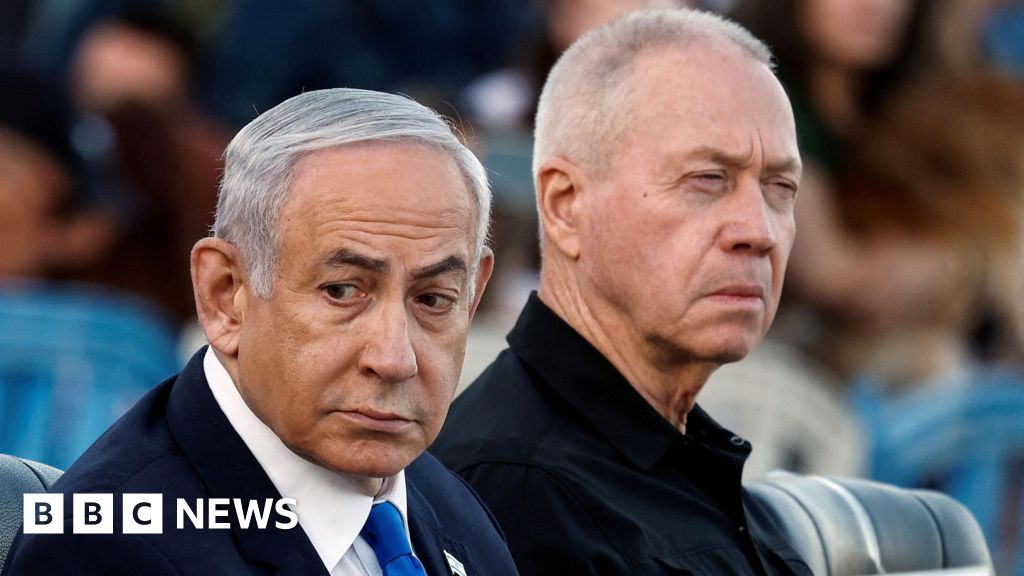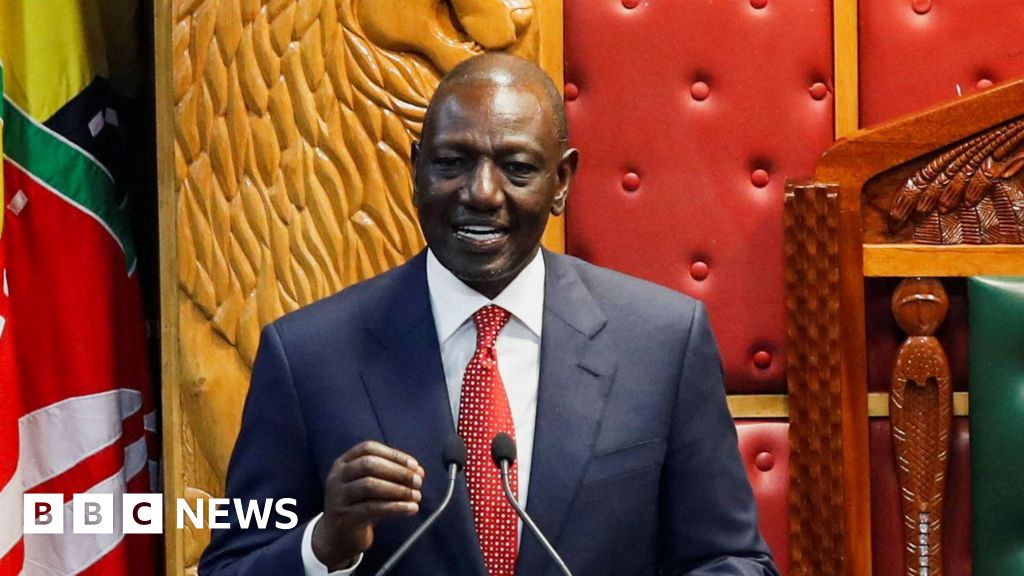Trump's threatened tariffs could push Latin American economies closer to China
President Biden and China's President Xi held their last face-to-face meeting at a trade summit in Peru. But President-elect Trump's threatened tariffs could push the region into Beijing's arms.
SCOTT DETROW, HOST:
President Joe Biden met his Chinese counterpart, Xi Jinping, on the sidelines of the Asia-Pacific Economic Cooperation Summit in Lima today. It is likely to be the final encounter between the two, but the meeting has been overshadowed by President-elect Donald Trump's threats to impose tariffs on imports to the U.S., a move critics say could give Beijing a growing share of global trade. Simeon Tegel reports from Lima.
(SOUNDBITE OF ARCHIVED RECORDING)
PRESIDENT XI JINPING: (Non-English language spoken).
SIMEON TEGEL, BYLINE: With one terse command, President Xi Jinping opened the Chinese-built megaport on Peru's Pacific coast. After making the effort to come all this way, the Chinese president inaugurated the megaport in Chancay just 2 hours north of Lima via video link from Peru's presidential palace. He and Peru's president, Dina Boluarte, sat side by side watching the opening ceremony on a TV screen.
(SOUNDBITE OF ARCHIVED RECORDING)
PRESIDENT DINA BOLUARTE: (Non-English language spoken).
TEGEL: Boluarte described the inauguration of Chancay on Thursday as a, quote, "historic moment" that would transform Peru's economy into a world-class industrial and logistical hub.
(SOUNDBITE OF MUSIC)
TEGEL: Boluarte has been rolling out the red carpet for Xi, with China having overtaken the U.S. as Peru's biggest trading partner. Built and operated by Chinese state company COSCO as part of the Belt and Road Initiative, Chancay will be the largest deepwater port on South America's Pacific Coast. It is expected to cut up to two weeks from freight times across the Pacific as it funnels raw materials such as lithium, copper and soy from across the continent to China's hungry economy.
The inauguration of the port eclipsed the arrival of President Joe Biden in Lima later that day for the Asia-Pacific Economic Cooperation Summit, or APEC. This and the G20 in Brazil on Monday represent his final curtain call at a gathering of global leaders.
There have been nationwide protests over Boluarte's alleged involvement in the killings of dozens of antigovernment protesters two years ago. A massive deployment of police power in the Capitol, and schools in Lima closed during the summit, yet the event has been overshadowed by the return of Donald Trump and, specifically for many leaders here, his threats to put tariffs on imports to the U.S., including up to 60% for Chinese products, over what he calls Beijing's unfair trading practices. Peru's economy is heavily dependent on exports of raw materials, which other countries, especially China, then use to manufacture products from electric vehicles to computers.
ERIC FARNSWORTH: There are knock-on effects here. Even if the target isn't specifically Peru, which enjoys a free trade agreement with the United States, you're still going to see some indirect impact on exporters like Peru, a country that really does depend on international trade environment.
TEGEL: Eric Farnsworth is the vice president of the Council of the Americas, a Washington D.C. think tank.
FARNSWORTH: The APEC economies really do desire a greater relationship with the United States. But we have to up our game in order to encourage them to make those deals and to have that relationship with us. Otherwise, the needs will be fulfilled by China.
TEGEL: And certainly, that's the view here.
JOBINO VILLACORTA: (Non-English language spoken).
TEGEL: Like many, 86-year-old Jobino Villacorta respects Beijing.
VILLACORTA: (Non-English language spoken).
TEGEL: "I admire China for its vast achievements and resilience in becoming the world's second largest economy," he says. "And I'm happy China and Peru are partners." That sentiment, combined with new trade barriers in the U.S., could leave the incoming Trump administration ceding a growing share of global trade to Beijing. For NPR news, this is Simeon Tegel in Lima, Peru.
(SOUNDBITE OF MUSIC)
Copyright © 2024 NPR. All rights reserved. Visit our website terms of use and permissions pages at www.npr.org for further information.
NPR transcripts are created on a rush deadline by an NPR contractor. This text may not be in its final form and may be updated or revised in the future. Accuracy and availability may vary. The authoritative record of NPR’s programming is the audio record.

 4 days ago
6
4 days ago
6










 English (US) ·
English (US) ·